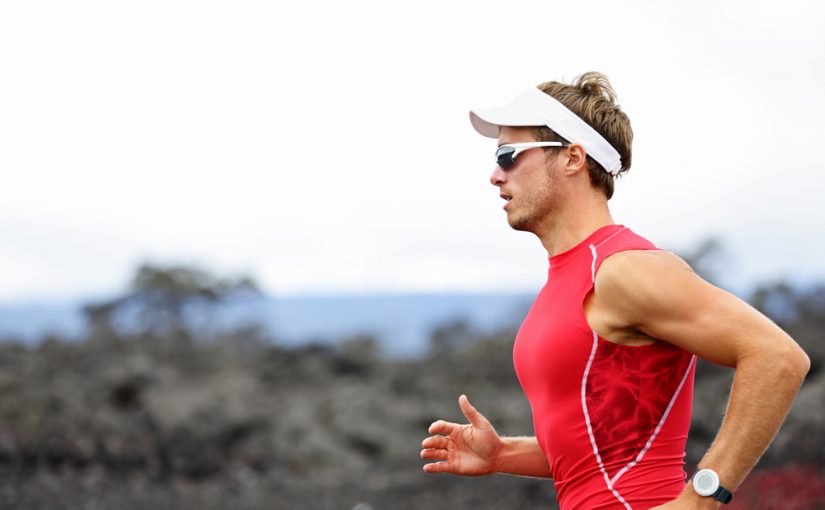The human being, sometimes, demands too much. Just like that student who goes days without sleeping to have more knowledge for his exam or the worker who never leaves the office on time, we can detect that athlete who sometimes goes too far. These are situations in which the effort is expensive, and in the case of training, we can have some devastating consequences. Discover below everything you need to know about overtraining, a phenomenon that helps us detect accentuated fatigue in our body after exercising. Keep reading!
How to identify overtraining early
One of the first things to keep in mind when it comes to overtraining is its meaning. The truth is that its name can lead to some errors, so it is worth explaining that overtraining is an organic phenomenon that is caused by a collapse of the nervous system. Also, other characteristics of overtraining that you should take into account are the following:
1. The body warns us
As we have said, overtraining is produced by a collapse of the nervous system, but this does not happen suddenly, but our body warns us. Thus, in the same way that a car driver tells us that we are lacking oil, our body tells us to stop when we go over revs. For this reason, it is important that we have a heart rate monitor or an activity bracelet on hand when we train, or have the supervision of a personal trainer. Thus, e vitaremos overtraining.
2. The difference between getting too tired and overtraining
One of the things that we must bear in mind that overtraining does not mean that we have become very tired from doing a lot of sports. It is one thing to be tired and another very different thing is overtraining, something that in English is differentiated by two words. In this way, overtraining is used to refer to overtraining and overreaching, when we have spent training.
3. Listen to your body
It is important that we listen to the signals that our body sends us. We are not referring only to when we are training, but in the moments of rest after exercising, we notice that we are more exhausted than usual, we have to be alert. Perhaps one day a day of rest will suffice for us, we may need two or three. Don’t force yourself to do more than you can, as it can be detrimental. Therefore, one of the best tips to identify overtraining is that we listen to our body.
4. Symptoms of overtraining
Listening to our body may seem simple but it is not. Humans tend to rationalize the messages their body sends, and a popular runner may understand overtraining as being tired from yesterday’s race. These are messages that can seem confusing, so we have to be alert to the symptoms so as not to fall into an error.
A clear symptom of overtraining is fatigue, but we must also look at other things that can lead us to a definitive conclusion. For example, muscle pain, fatigue in moments of rest and lack of motivation, not only from exercise, but from any activity in our daily lives, can lead us to think that we have fallen into overtraining. Another way to detect it is by looking at whether our idle revolutions have increased.
5. Solutions to overtraining
If this has happened to you, you should not be alarmed, but you should try to avoid overtraining as soon as possible so that it does not go to more. Actually, once the diagnosis is made, the treatment is simple: you just have to rest. Normally you will have to do it for more than a week, and your body will ask you after two or three weeks to go back to training.
Remember that when you go back to running you should do it progressively, without making great efforts and adapting little by little to your rhythm. And it is that, in life as in sport, who a lot runs early for. Learn to listen to your body and you will have more advantages.







